British athletes up in arms over plans to erase records
Steve Cram, Paula Radcliffe and Jonathan Edwards could lose their place in history under plan to wipe the slate clean
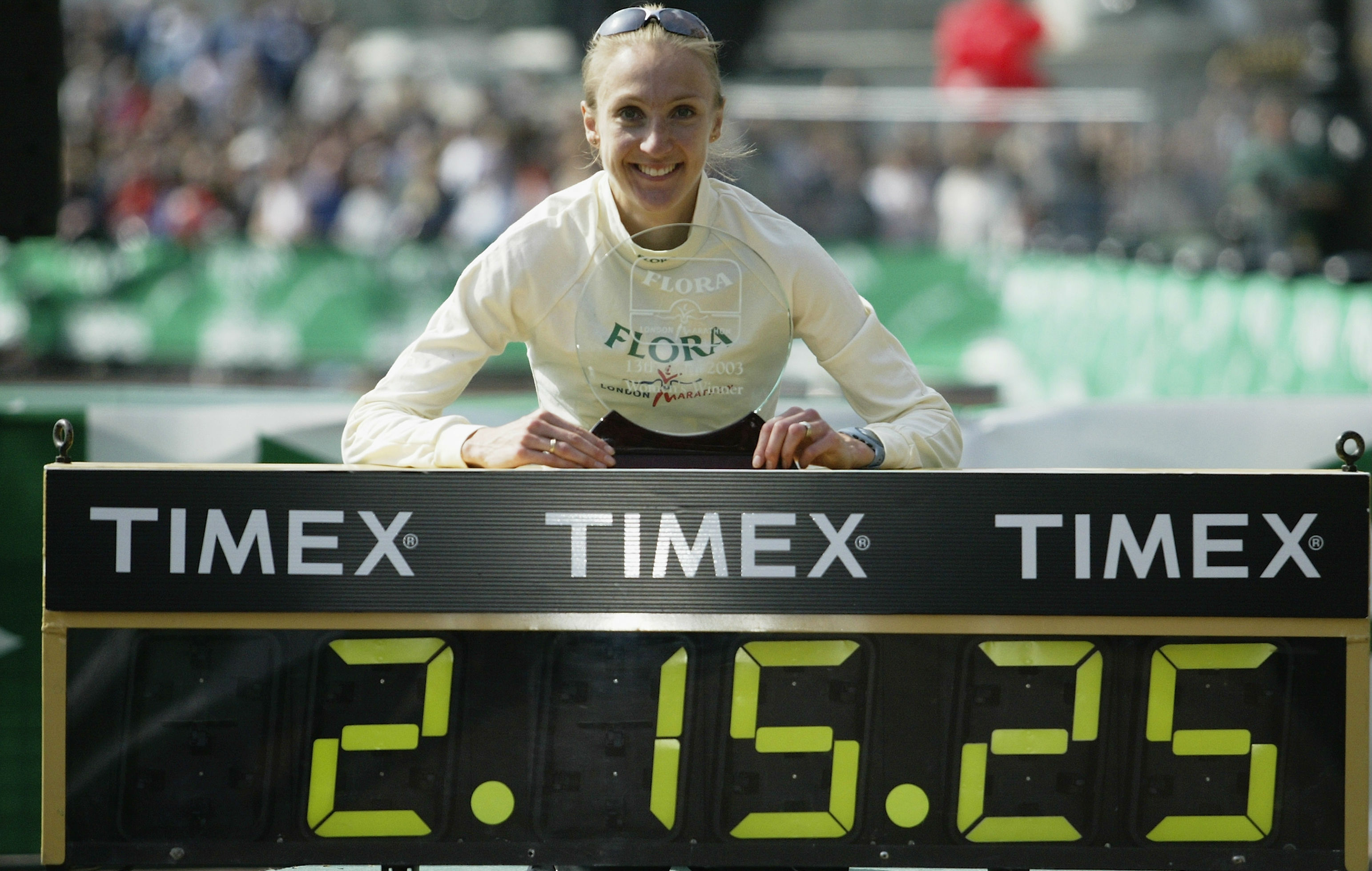
A free daily email with the biggest news stories of the day – and the best features from TheWeek.com
You are now subscribed
Your newsletter sign-up was successful
A controversial plan to "rewrite" the athletics record books by erasing best times and distances set before 2005 will see British legends lose their place in history.
The plan is designed to "create new household names and expand the sport's appeal after decades of doping", reports Josh Burrows of The Times.
It is the brainchild of Pierce O'Callaghan, the director of operations for London 2017 and chairman of the European Athletics taskforce who has been charged with ways to create a new set of world records free from the stain of doping.
The Week
Escape your echo chamber. Get the facts behind the news, plus analysis from multiple perspectives.

Sign up for The Week's Free Newsletters
From our morning news briefing to a weekly Good News Newsletter, get the best of The Week delivered directly to your inbox.
From our morning news briefing to a weekly Good News Newsletter, get the best of The Week delivered directly to your inbox.
"The onus is on European Athletics to take the lead because a large number of controversial records were set by East German and Soviet Union athletes in the 1980s, when use of performance-enhancing drugs - or even sex-changes - is thought to have been widespread," says Burrows.
O'Callaghan has apologised to retired athletes affected by the changes, but said record-holders such as Paula Radcliffe, Jonathan Edwards and Colin Jackson were "collateral damage", reports the BBC.
"Apologies to the athletes, we never intended to damage their reputation and legacy. It is intended to give the public belief and credibility in what they are watching in the sport," he says.
Steve Cram, who would also lose his records, he was scathing about the idea, which he described as an "easy route out" and a "PR exercise".
A free daily email with the biggest news stories of the day – and the best features from TheWeek.com
"It lumps us all in with those cheats," said the BBC commentator, who still holds the European record for the mile and 2,000m.
"It's not our fault that over the years the sport did not police itself properly. It's not our fault they didn't do their job. I don't think it's going to change anything. It's not going to stop people cheating.
Radcliffe and Edwards "reacted with incredulity and dismay", says Sean Ingle of The Guardian.
Marathon record-holder Radcliffe says she was "offended" that her time would be erased, while Edwards, who has held the world record in the triple jump since 1995, said the idea was "wrong-headed and cowardly".
Ingle adds: "The plan, which is strongly backed by Seb Coe, president of the International Association of Athletics Federations, will not only require anyone who sets a world record to have been tested numerous times in the months beforehand but also to have the sample taken after their record performance still available for retesting.
"The IAAF has stored blood and urine samples only since 2005, which means the records by Edwards and Radcliffe are at risk of being struck from the books, along with Colin Jackson's indoor 60m hurdles world record of 7.30sec set in 1994."
-
 6 of the world’s most accessible destinations
6 of the world’s most accessible destinationsThe Week Recommends Experience all of Berlin, Singapore and Sydney
-
 How the FCC’s ‘equal time’ rule works
How the FCC’s ‘equal time’ rule worksIn the Spotlight The law is at the heart of the Colbert-CBS conflict
-
 What is the endgame in the DHS shutdown?
What is the endgame in the DHS shutdown?Today’s Big Question Democrats want to rein in ICE’s immigration crackdown
-
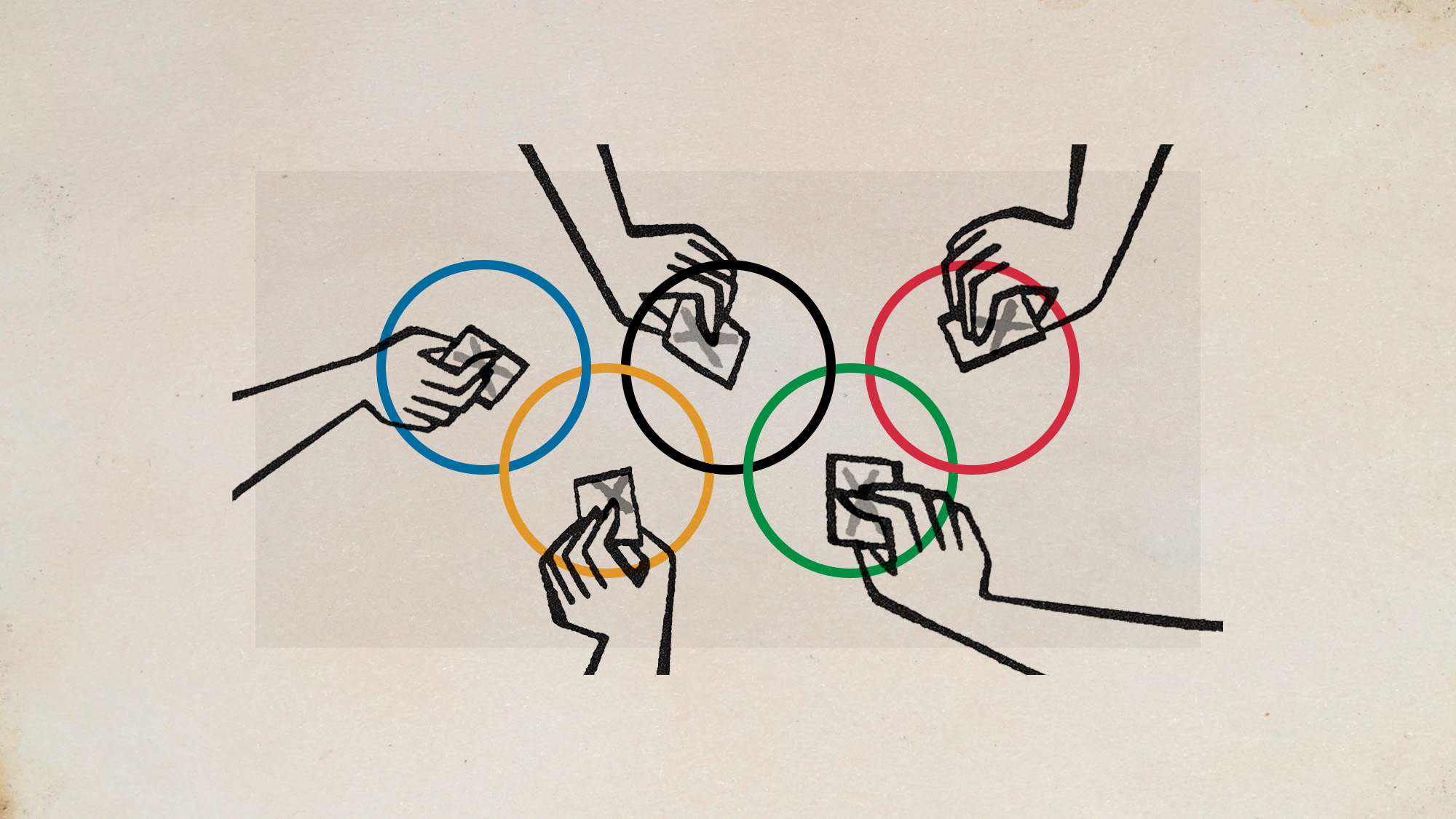 The 'secretive and strange' battle for the most powerful role in sport
The 'secretive and strange' battle for the most powerful role in sportUnder The Radar Sebastian Coe among the contenders as the International Olympic Committee gathers to choose its next president
-
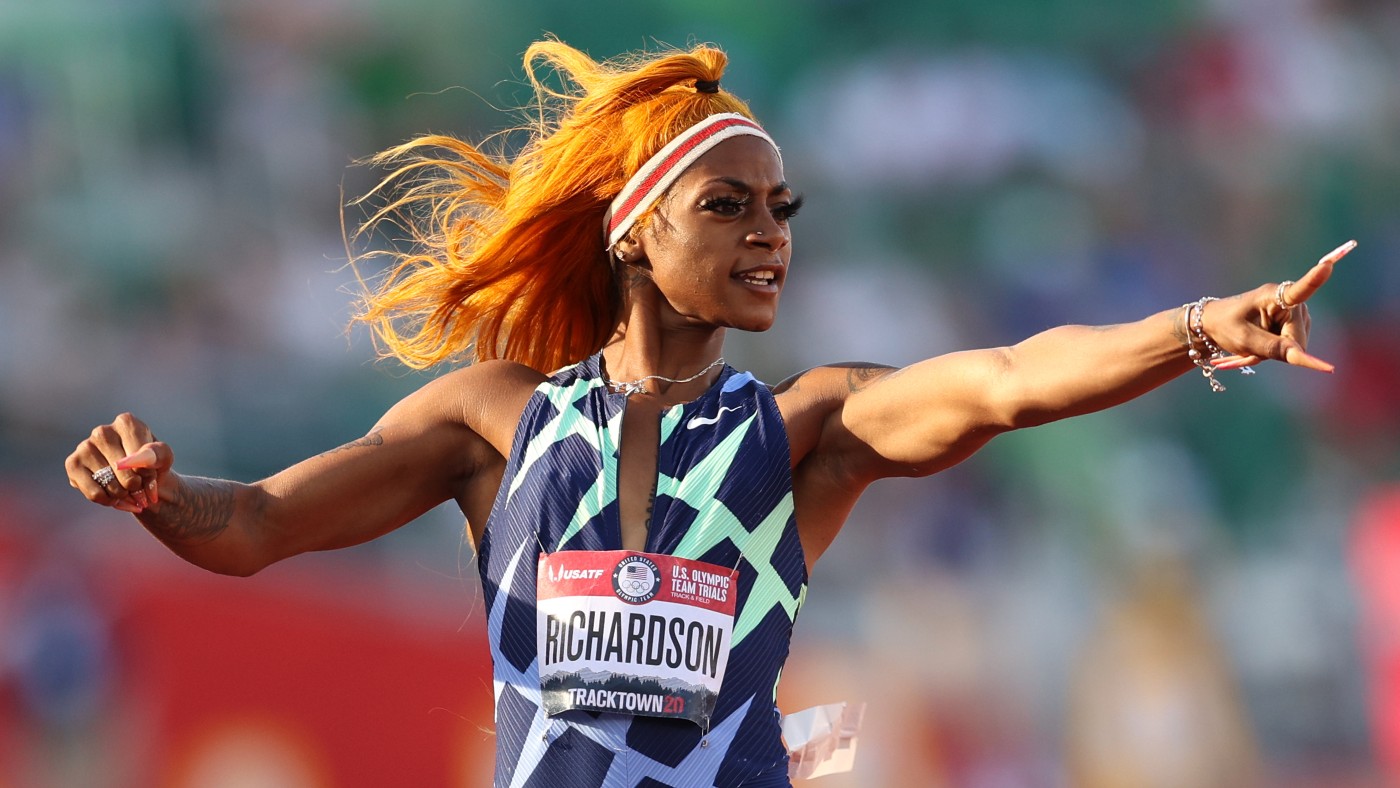 Doping in sport: should cannabis be on the list of banned substances?
Doping in sport: should cannabis be on the list of banned substances?feature World Anti-Doping Agency will launch a scientific review next year
-
 Sports shorts: disgraced athletics chief Lamine Diack goes on trial, Patrick Mahomes inspires Chiefs
Sports shorts: disgraced athletics chief Lamine Diack goes on trial, Patrick Mahomes inspires ChiefsDaily Briefing Ten things from the world of sport on Monday 13 January
-
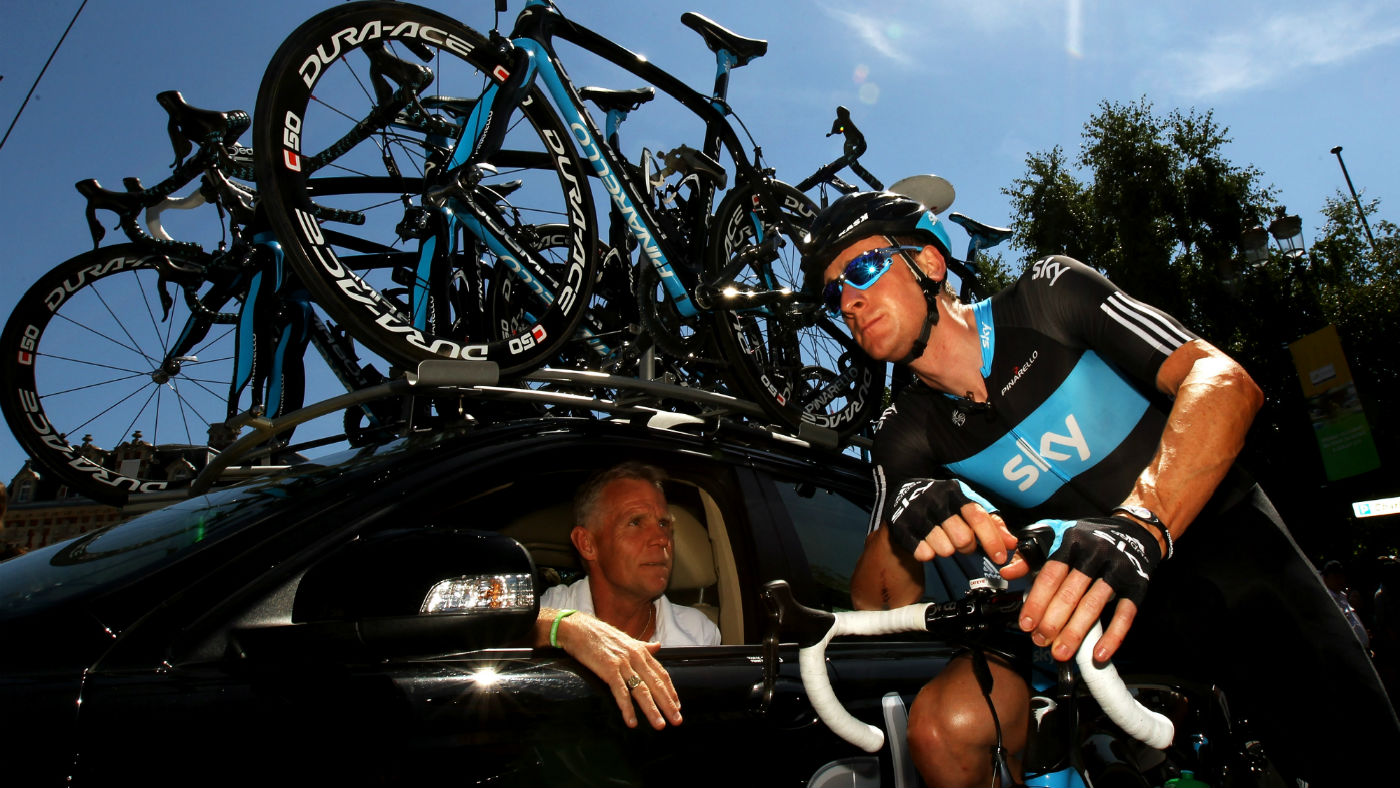 Shane Sutton: Bradley Wiggins should ‘tell the truth’
Shane Sutton: Bradley Wiggins should ‘tell the truth’Speed Read Former Team Sky coach believes there should be a full explanation about the use of triamcinolone
-
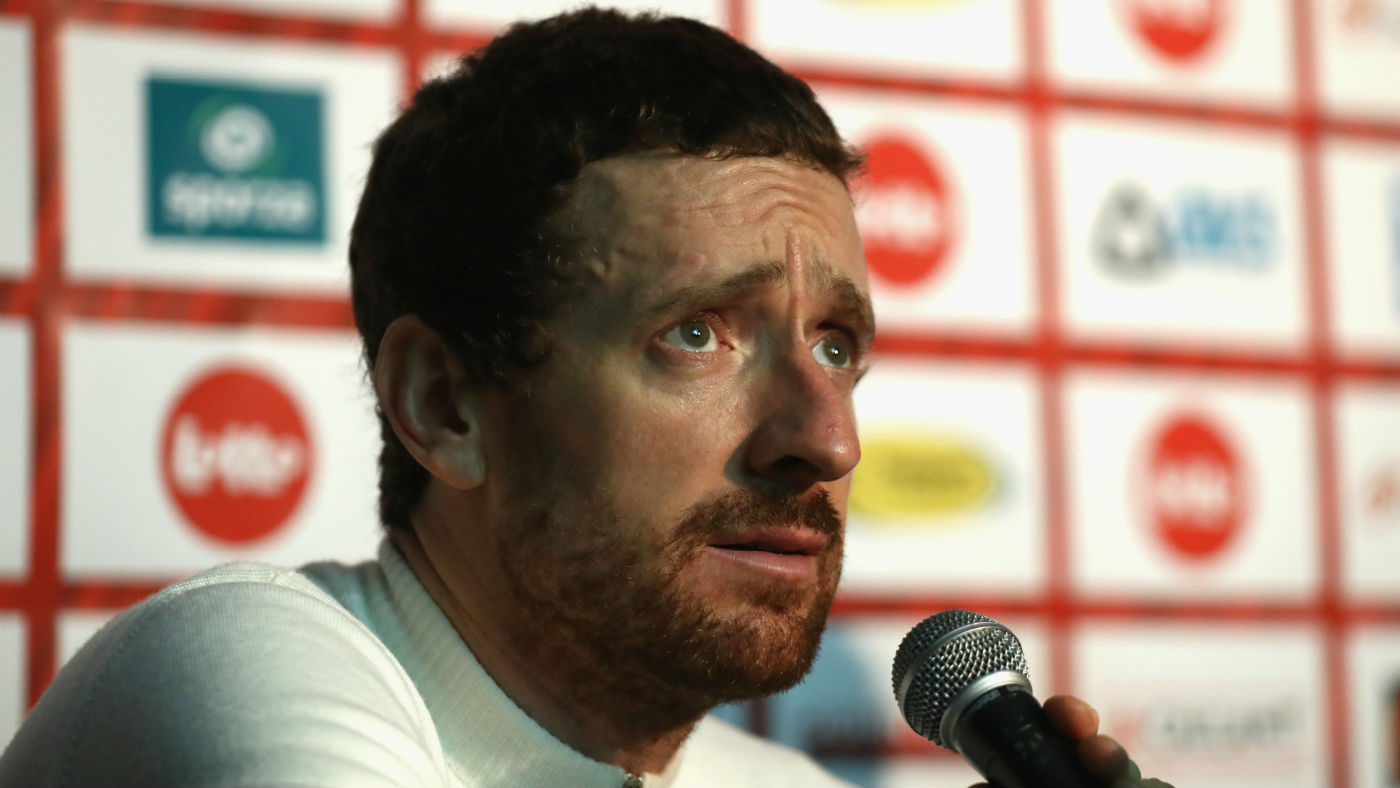 Bradley Wiggins: ‘I did not cheat - this is a malicious smear campaign’
Bradley Wiggins: ‘I did not cheat - this is a malicious smear campaign’Speed Read Former Team Sky cyclist gives emotional interview after DCMS report accusations
-
 Team Sky and Bradley Wiggins crossed an ethical line says doping report
Team Sky and Bradley Wiggins crossed an ethical line says doping reportIn Depth In Depth: Cyclist denies the accusations and says the DCMS committee’s findings are ‘sad’
-
 Justin Gatlin: I am not using performance-enhancing drugs
Justin Gatlin: I am not using performance-enhancing drugsSpeed Read Newspaper claims 100m champion’s past test samples to be rerun
-
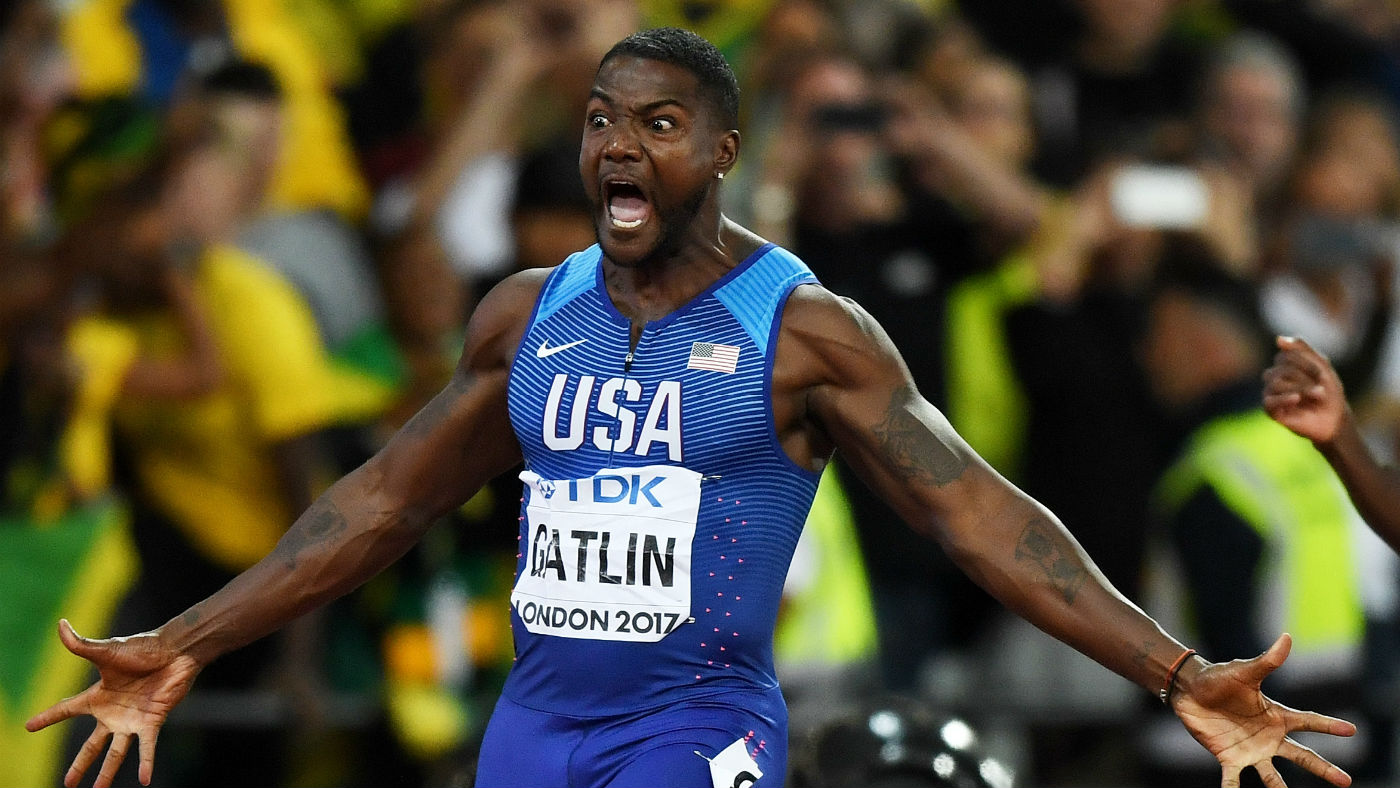 Justin Gatlin: world champion’s team involved in new doping scandal
Justin Gatlin: world champion’s team involved in new doping scandalSpeed Read Sprinter fires coach after allegations that performance-enhancing drugs were offered to undercover journalist